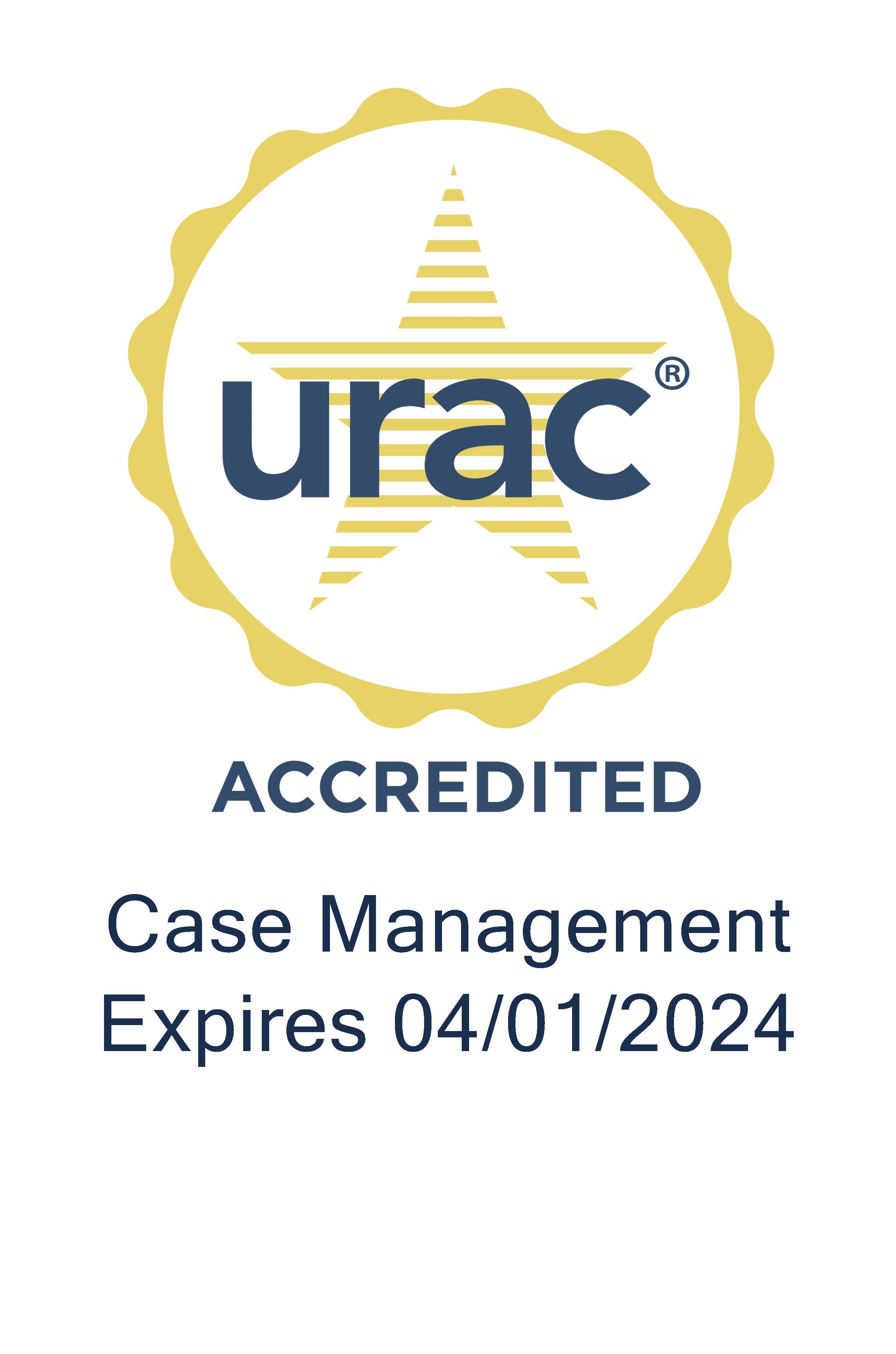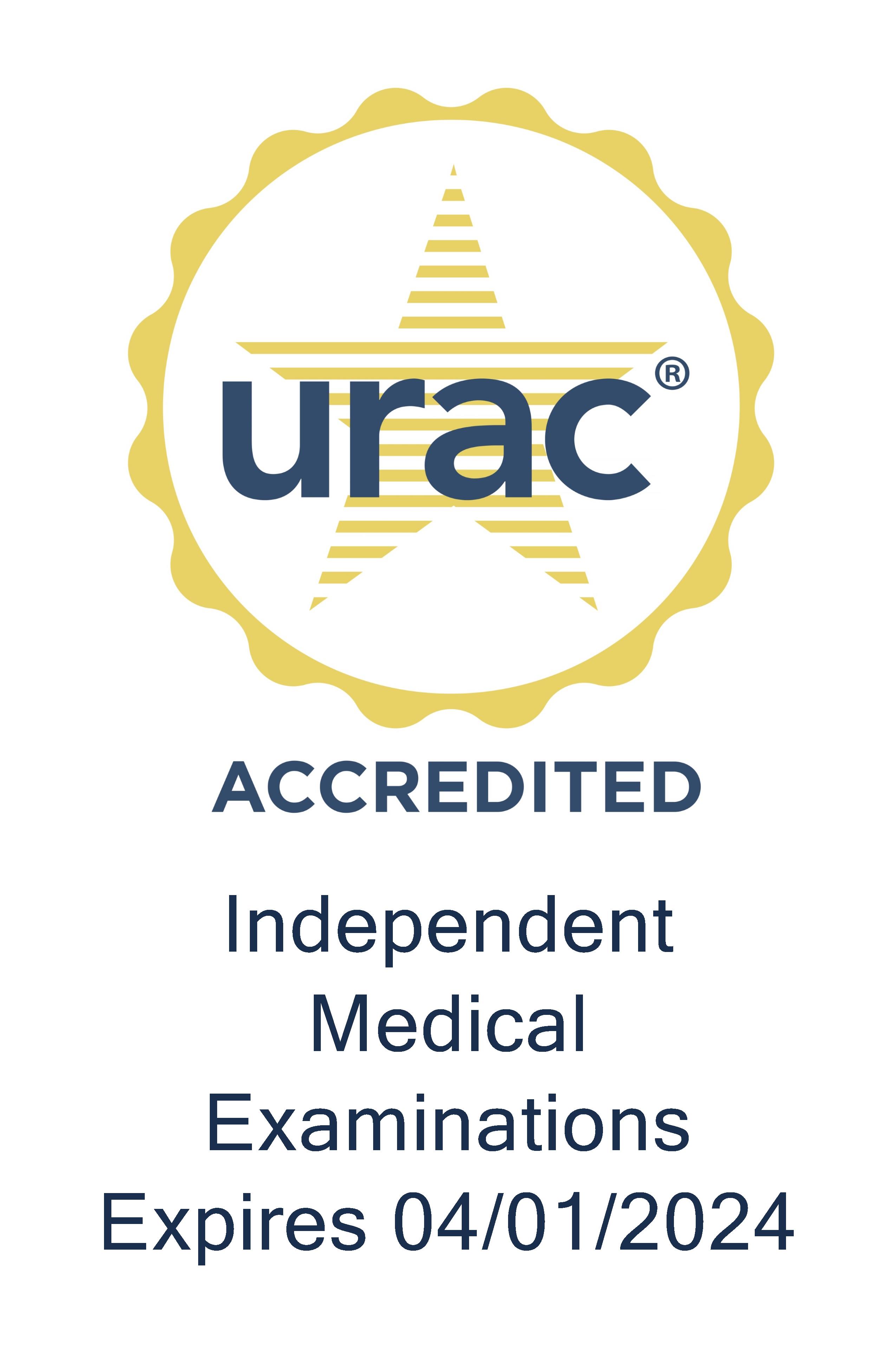What's causing the rise of psychological IMEs in workers' comp?
Independent medical exams are often thought of as a way to obtain an impartial opinion regarding the treatment of a physical injury. Though psychological IMEs are less common, they’re sometimes just as imperative in helping an injured employee stay on track with the treatment protocol. For more on this, we’ve invited Genex’s Donna Bradshaw to talk about it.
{{ script_embed('wistia', 'pnlqnhyh3o', ', ', 'inline,height=362px,width=640px') }}
Tom Kerr (TK): Donna thanks for joining us.
Donna Bradshaw (DB): Well, thank you for having me, Tom. I appreciate it.
TK: What are some reasons a psychological IME might be performed?
DB: Well, time to time, you might get a report, whether it be from the employee, from a treating provider, perhaps from a co‑worker or management of some psychologic, psychiatric or cognitive issues that might impact an individual's ability to safely and efficiently perform their work functions.
For example, we've seen a co‑worker being verbally and/or physically abusive, maybe severely bullying another employee. All of those may cause symptomatology which could result in requiring a mental health IME.
TK: Who conducts a psychological IME?
DB: Typically, psychologists perform these types of IMEs. And as psychologists, their designations are often a doctorate in Psy or PhD. So normally, you'll see these types of physicians actually administering the tests and doing the IMEs, and then, also rendering their opinion on the test results.
TK: When in the rehabilitation process would a psychological IME be ordered and who would order it?
DB: Different jurisdictions and/or policies have varying requirement timelines in which an IME can be ordered. So, it would be dependent on the jurisdiction and/or policy, if applicable. However, typically, the workers' compensation carrier, the employer, or possibly the treating provider, would be the ones that would request or order this type of examination.
TK: Post-traumatic stress disorder is becoming more recognized as something that should be addressed when a catastrophic workplace event occurs, is it also a diagnosis that’s being addressed more often in IMEs?
DB: Yes, we have definitely seen an increase in this type of request. And of interest is the fact that this type of IME is the second‑most common requested in the disability arena.
I know we're talking about workers' compensation, but I just think it's interesting that this type of IME is really high up there when dealing with disability concerns. You know, also the wars in Afghanistan, Iraq, the 9/11 attack on the twin towers, the ever‑increasing mass shootings, they have dramatically increased the study of post‑traumatic stress disorder, which is leading us to a better understanding of the impact that it actually has on the individual as well as the community — the different risk factors that are out there, the assessment, the treatment. So, the study is really giving us a good handle on not only how to identify but how to treat this diagnosis.
Post‑traumatic stress disorder is also currently on the rise in veterans, women and children. And again, some of that can be attributed to these mass shootings that we're seeing which seem to be becoming a part of our daily life.
TK: When might a provider order an IME for PTSD?
DB: Providers would order an IME if their patient were to report or display some type of criteria that meet the DSM‑5 diagnostic requirements for PTSD.
The DSM‑5 actually has a list of criteria that will point to that specific diagnosis, such as the individual either reporting or displaying a stressor, which would be a threatened death, a threatened serious illness, possible sexual violence.
And the criterion is intrusive symptoms and those can be identified as nightmares, flashbacks, upsetting memories, holding trauma‑related thoughts or feelings. Definitely a decrease in an interest in activities, negative thoughts about the world, about one's self, risky and destructive behavior, irritability and/or aggression are really kind of high up on the list of the criteria.
And then you have to look at the symptoms, you know — how long have these symptoms lasted? And if they have persisted for more than one month that is definitely one of the criteria, and whether or not the symptoms create distress and functional impairment within the individual, and ensuring that the symptoms are not related to any type of medication side effects, substance abuse, or perhaps even another physical illness.
TK: What’s the goal of performing an IME for PTSD?
DB: Well, the goal would be to objectively confirm or refute a diagnosis of PTSD. And, the psychologist that does the testing will want to analyze the testing results in comparison with standard test response. They'll interpret the testing results to determine the severity of the individual's impairment to determine if the level of impairment due to PTSD requires workplace activity restrictions or limitations, perhaps to obtain recommendations for appropriate or further treatment, a prognosis, and basically to determine whether or not the employee is capable of performing the essential requirements of their position.
TK: What’s involved in conducting a PTSD IME?
DB: Well, IMEs for PTSD, especially if you're doing extensive neuropsychological testing, sometimes are done over a two‑day period because they are so psychologically intensive and they're time intensive.
So, what happens is there's an in‑person interview with the individual which will include medical, family, personal, educational, military background, work history and then there will be discussion of inciting events. Possibly the provider, the practitioner will want to have follow‑up phone calls with families or friends or co‑workers if permitted, or management if permitted, so that they can corroborate the information. That can only happen if the employee had signed a release of information which allows the provider to do so.
And then they would normally have a battery of neuropsychological testing which will have multiple, embedded validity factors. So, those types of tests can include the MMPI‑2 which is the Minnesota Multiphasic Personality Inventory, the CAP‑5 which is the Clinician‑Administered Post‑Traumatic Stress Disorder Scale which was designed expressly for the DSM‑5, the PCL‑5 which is the Post‑Traumatic Stress Disorder Checklist for the DCM‑5, and then the MCMI‑3 which is the Millon Clinical Multiaxial Inventory.
Those are typically the tests that we will see for a provider to perform a full mental status IME that will focus in on psychological functional ability.
TK: And with the extensive testing involved and the stigma associated with mental health, are some injured employees reluctant to have a PTSD IME performed?
DB: Absolutely, and a lot of times, it is the individual who balks at the two‑day testing. You know, they don't want to give their time, especially over that two‑day time period, it can be five hours one day, five hours the next day.
It all depends on how quickly the provider is able to get to the testing, how quickly the interview process goes. You want to make sure that you're gathering all the information that you need so that when it comes time to prepare the report that you have all the data available to you. So, because it's an interview process coupled with testing, it's not something that can be done quickly.
Also, interestingly enough, because you're dealing with psychological questions, and especially with the MMPI, they can be somewhat intense questions that might make a person uncomfortable to answer. So, you want to go slowly through those things so that they don't feel rushed.
And you're again, gathering all of the information that you need and giving the individual the time to address the questions as they come through.
TK: How do providers help ease those concerns?
DB: Well, I guess it's because this will give the ability to determine if the treatment that's being rendered is appropriate, if additional treatment would be more appropriate, and current treatment would be more appropriate, as well as giving the individual a prognosis and a timeframe that they can work within.
So, there's multifactorial points that go into this. It is beneficial to the individual to get the treatment needed to resolve the issue at hand.
TK: Has there been a reluctance to order IMEs for PTSD or is becoming more common?
DB: Ironically enough, the answer to that question is both, there is some reluctance, but yeah, we do see more and more coming through.
Historically, there's been reluctance mainly due to the associated costs. These are not inexpensive exams. They are relatively expensive, especially if you're talking a two‑day exam. So that sometimes holds people back from actually ordering them.
However, from the psychiatric and the psychological arena, these types of impairments are becoming more common and recognized, and the use of this neuropsychological testing in the form of an IME is definitely increasing because it does give you objective data. Whereas, going to see a counselor or just talking it through with a psychologist or psychiatrist doesn't necessarily provide objective data. The testing provides more objective data for us to work with, and again, to determine treatment recommendations, to determine functional ability and, ultimately, whether or not the individual is capable of functioning in their position.
TK: Do you think PTSD testing after a catastrophic event will become more integrated in the IME process going forward?
DB: Absolutely, especially when one considers the current societal stressors. As soon as you can identify the potential need for appropriate diagnostic treatment and care, the sooner the individual can be returned to a higher level of functioning and a potential return to work. And this of course will reduce lost time which is what we are looking for, to get the individual back to work and functioning in society.
TK: Thanks, Donna. We’ll be back in a couple weeks to discuss another current topic in workers’ comp, but until then, thanks for listening.






